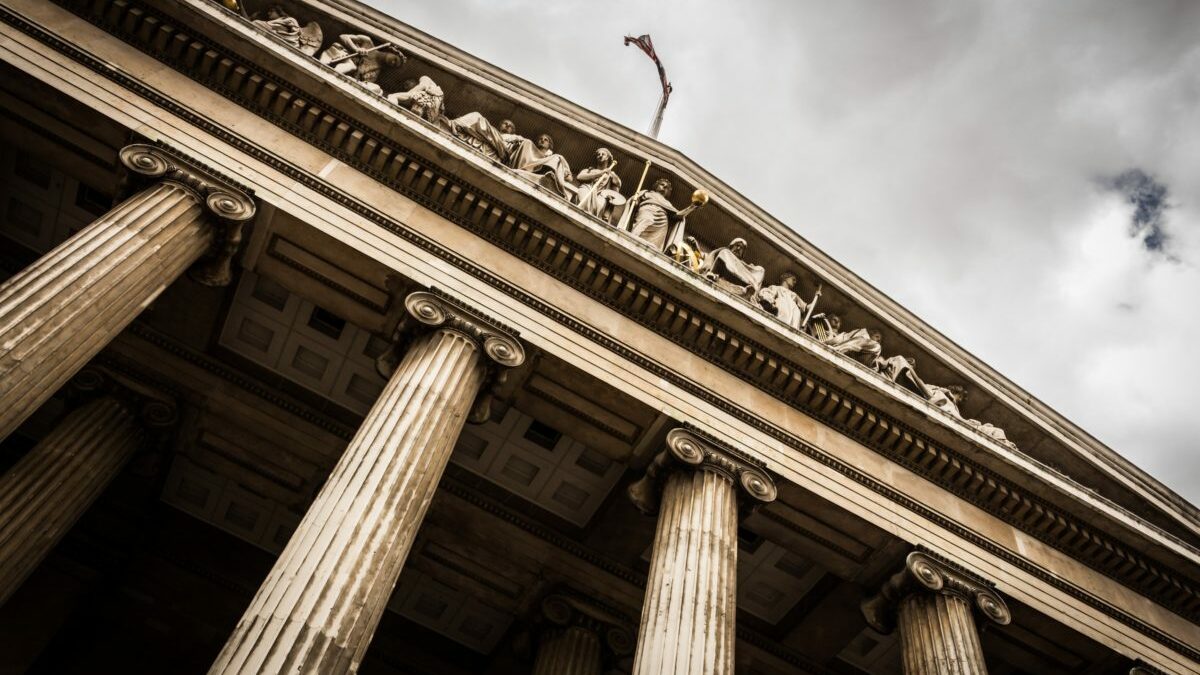Posted May 2020
On March 27th, 2020, President Donald J. Trump signed into law the Coronavirus Aid, Relief and Economic Security Act or the “CARES Act.” This is the largest economic stimulus package in U.S. history, estimated at $2 trillion dollars, providing much needed protection for U.S. citizens and businesses negatively impacted by the COVID-19 pandemic. The full language of the CARES Act can be found at https://www.congress.gov/bill/116th-congress/house-bill/748.
The CARES Act will have implications across the economy. Specifically, the CARES Act provides for stimulus payments to families and loans to small businesses. However, the implications of the Act spills over to the bankruptcy arena as well.
1) Perhaps the most obvious implication is its effect on the “means test.” The first hurdle in filing for Chapter 7 bankruptcy is for a debtor to pass the “means test.” The test provides a sort of ceiling income. If the debtor has income in excess of the ceiling, filing for Chapter 7 is more difficult (although not always impossible). The ceiling in the means test differs by state and year. It also differs by the number of people in the debtor’s household. Thus, it is very important to consider what types of income are considered well…income.
As part of the CARES Act the definition of “income” in the Bankruptcy Code was amended to specifically exclude stimulus payments which is good news for debtors. In addition, for debtors in Chapter 13, disposable income does not include stimulus payments.
2) Although not directly related to bankruptcy, the CARES Act requires deferment of federally held student loans (including interest) for six months, through September 30, 2020. Involuntary collection is also suspended temporarily.
3) For Chapter 13 debtors under a confirmed plan, if the debtor is experiencing “material financial hardship due” to COVID-19, the debtor can extend payments for up to 7 years after the initial payment was due.
4) Lastly, the eligibility threshold for businesses filing under subchapter V of chapter 11 has been increased from $2,725,625 of debt to $7,500,000.
Note that many of these provisions are not permanent and are set to expire on March 27, 2021.
The Eastern District of Texas can and has adopted some temporary procedures to deal with the pandemic. Section 341 creditor meetings are still being scheduled but are currently virtual.
If you have any questions about your bankruptcy options, contact us. We are here to help.


